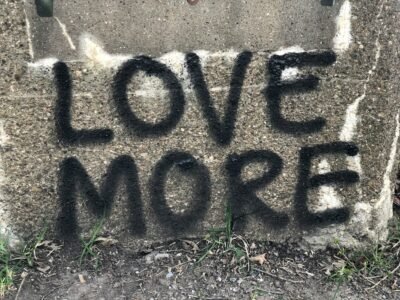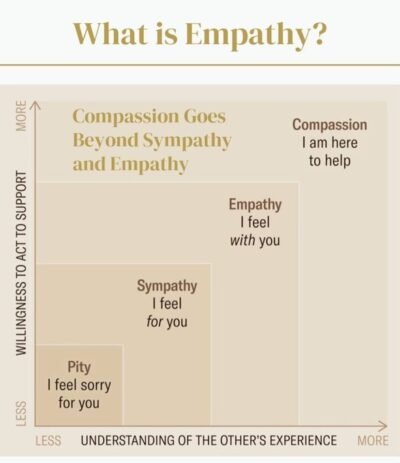People tend to treat Black women like our empathy is a faucet that you can turn on and off at will. When it doesn't work they actually complain like

Photo by marissa ciavone
People tend to treat Black women like our empathy is a faucet that you can turn on and off at will. When it doesn’t work they actually complain like we are a utility service!
Listen, empathy is a beautiful gift—it connects us, softens us, and helps us understand one another. But when it gets twisted, it can become a tool for manipulation instead of healing. To protect our dignity and safety, we must be clear about what empathy is not.
1. Empathy is not excusing harm.
Understanding where someone comes from does not require justifying the harm they cause. Wrong is wrong. We can acknowledge a person’s struggles without excusing their cruelty. Empathy is a gift, not an obligation—and it should never be demanded by those who refuse to extend it themselves.
In our private rooms, in our Boundaried Spaces, many of us have learned this truth: empathy is sacred energy. It belongs where it can nurture, not where it is weaponized against us.
I can understand without excusing.
I will never dress cruelty in kindness.
I do not owe my compassion to those who weaponize pain.
2. Empathy is not erasing boundaries.
You can be kind and still say “no.” Real empathy honors boundaries—yours and others’. It never demands that you put yourself in unsafe or degrading situations just to prove you care.
My “no” is holy, firm, and final.
I can be gentle and still stand strong.
I do not disappear to prove I care.
3. Empathy is not silence in the face of injustice.
Empathy doesn’t mean keeping quiet when harm is happening. True care calls us to speak up, to defend, and to stand on the side of fairness. Silence only protects the wrong voices.
My voice will not be swallowed by cruelty.

Speaking truth is my compassion in action.
I refuse to confuse quiet compliance with care.
4. Empathy is not self-erasure.
Caring for others does not mean disappearing yourself. You don’t need to downplay your worth or minimize your story to validate someone else’s. Your voice matters.
I matter even when I empathize.
My story does not shrink to make room for someone else’s.
I stand whole, even as I care for others.
5. Empathy is not unlimited access.
No one is entitled to your compassion on demand—especially those who exploit it. Even the most giving hearts need rest and space. Healthy empathy respects energy, time, and capacity.
No one has a claim to my compassion on demand.
I rest without guilt, I guard without apology.
I will not be emptied for the comfort of those who drain me.
Empathy is a gift, not a debt. It flows best in spaces where respect, dignity, and humanity are honored. When someone refuses to see your humanity, you are under no spiritual, moral, or emotional obligation to bend yourself into compassion for them.
Boundaries matter: Empathy without boundaries can become self-betrayal.
Discernment matters: You can acknowledge someone’s choices or pain without excusing their harm.
Reciprocity matters: Healthy empathy lives in relationships where care flows both ways.
That doesn’t mean you must harden your heart. It means you get to choose where your empathy goes—toward people and causes that nurture life, healing, and justice.
✨ Empathy is sacred energy. It should never be wasted on those committed to your diminishment.
Your empathy is powerful. You are not obligated to twist your compassion into something that erases you. Your care is a gift, not a debt. You can walk in kindness while holding boundaries, you can listen without losing yourself, and you can love without tolerating harm. Protecting your safety, dignity, and rights is not the opposite of empathy—it is the foundation of it. Stand tall. Shine bright. Let your empathy reflect your strength, not your sacrifice.
Because empathy should lift us up—not strip us down.
